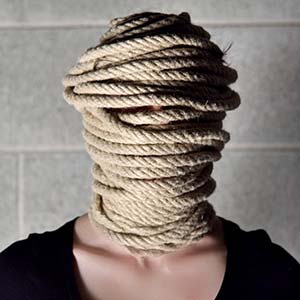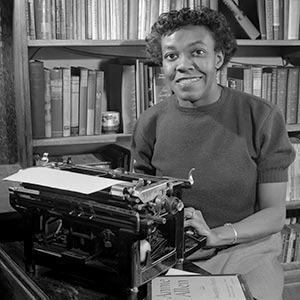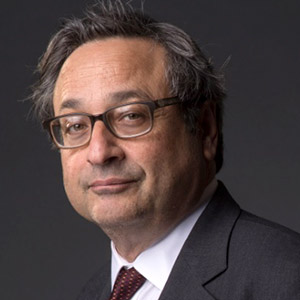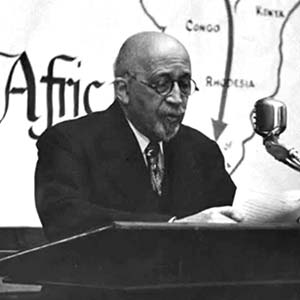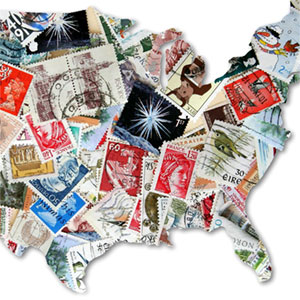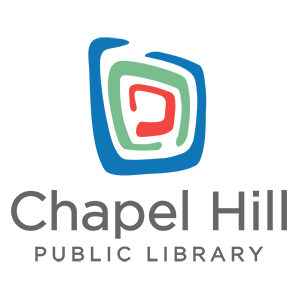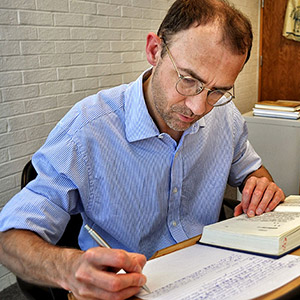
National Humanities Center Names Fellows for 2018–19
The National Humanities Center is pleased to announce the appointment of 38 Fellows for the academic year 2018–19. These leading scholars will come to the Center from 15 US states, as well as from Brazil, Canada, China, Colombia, Jamaica, Mexico, South Africa, and the United Kingdom. These newly appointed Fellows will constitute the forty-first class of resident scholars to be admitted since the Center opened in 1978.
